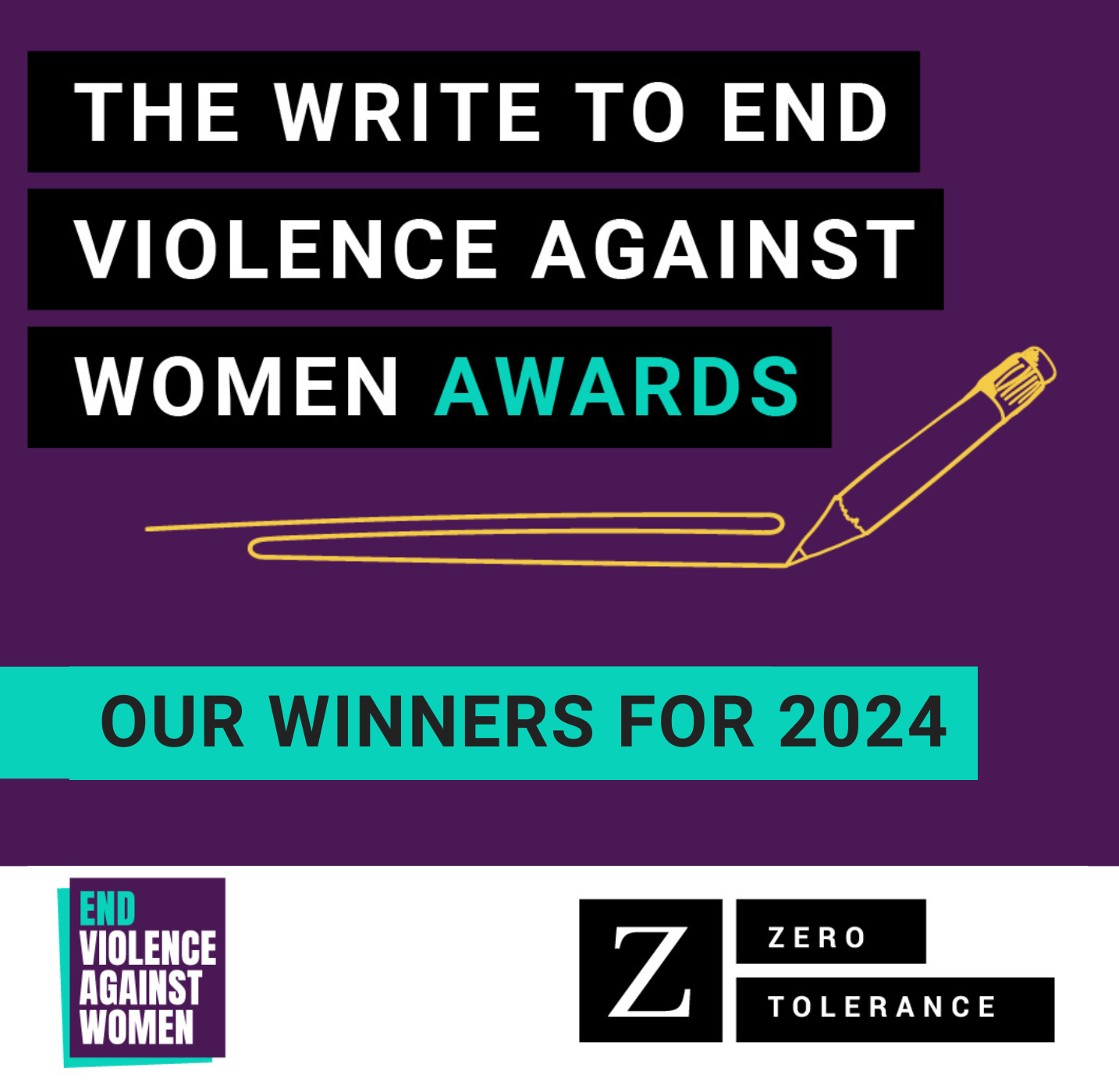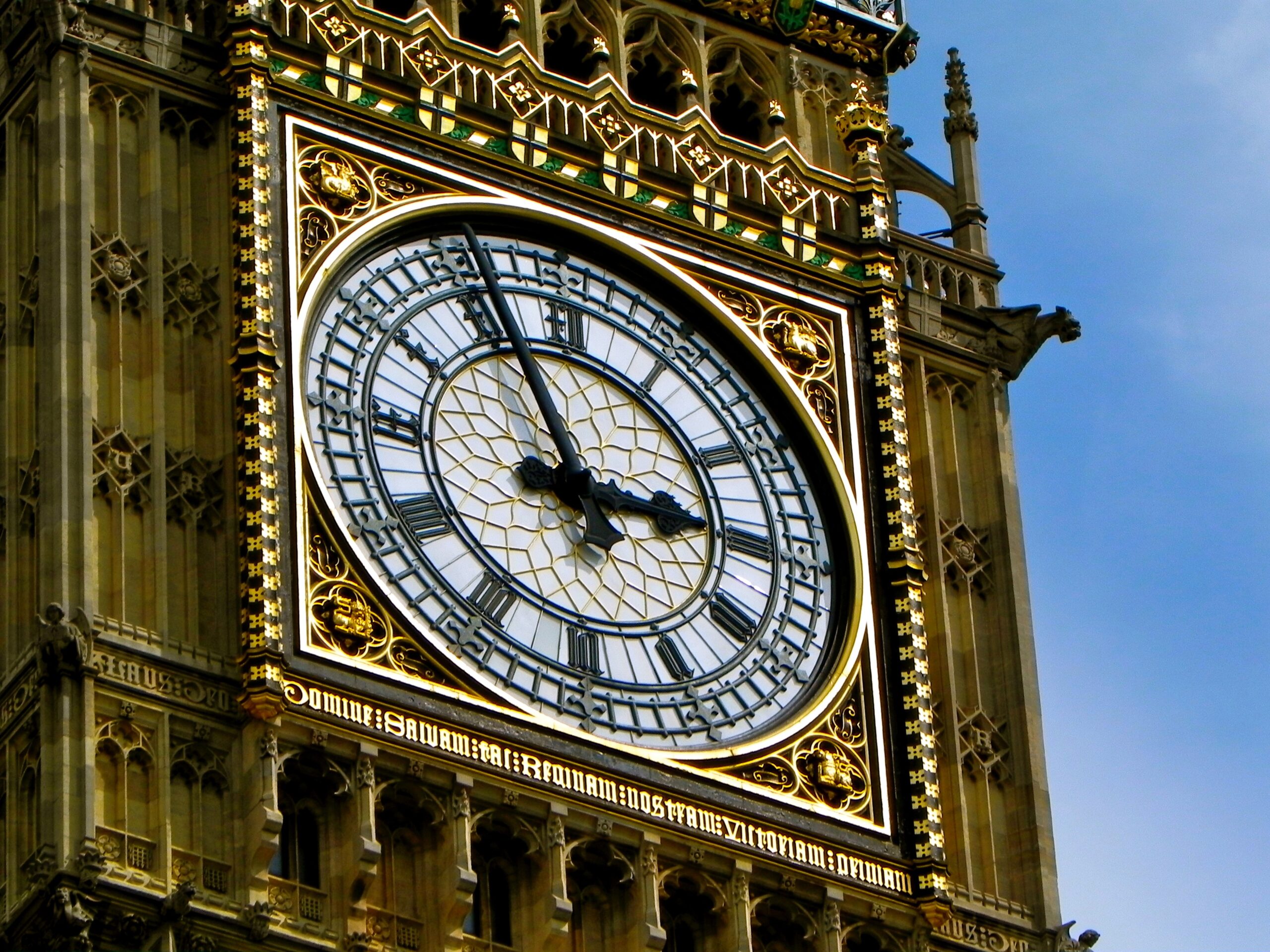 12 Dec
12 Dec
In light of important national conversations about what the government should do to address VAWG, significant investment in prevention and support from the Treasury is one major way that government can demonstrate that this is a real priority.
The letter, sent during the Chancellor’s Spending Review, calls on the Chancellor to prioritise government spending on tackling the ‘epidemic’ of VAWG, which has resulted in:
- An estimated 1.6 million women in England and Wales experiencing domestic abuse in the year ending March 2020
- One woman being murdered every three days; 62% by a current or former partner
- 618,000 women between the ages of 16 and 74 being sexually assaulted in the year ending March 2020
- 90% of girls being sent unsolicited explicit sexual pictures or videos and 92% experiencing sexist name-calling
The costs of VAWG
VAWG is a fundamental violation of women and girls’ rights and impacts victims and survivors’ mental, physical and psychological wellbeing. There are also serious financial costs to victims and survivors and to the wider community; including costs related to loss of work and educational opportunities, addiction, homelessness, criminal justice costs and much more.
On a societal level, the economic and social cost of domestic abuse alone is £66bn every year, with direct costs to the Exchequer totalling over £5 billion annually – including £2.3 billion in health services, £1.3 billion in police costs, £550 million in housing costs, £476 million in criminal and civil legal costs, and £724 million for services for victims; and a staggering £14bn in lost working days.
The letter calls on the Treasury and relevant departments to work with specialist organisations to develop a similarly robust figure for all forms of violence against women and girls. While costings are under-developed for sexual violence and abuse, one Home Office assessment looking at the costs of rape and sexual offences to society and the victim, estimated this would cost the UK £12.2 billion per year. In contrast to this high cost, NHS cost savings alone from VAWG organisations amounts to over £357 million per year.
The ‘demand’ for support services
The decimation of funding for specialist VAWG services over the last decade has resulted in a postcode lottery, with victims and survivors of abuse facing long waits for support. The ‘by and for’ sector which supports Black, minoritised and migrant women, Deaf and disabled and LGBT+ survivors is chronically under-funded, with close to half of its services at risk of closure, despite this sector saving the public purse millions every year. Many of these survivors find that no provision is available to them in their time of need. In addition, Rape Crisis Centres are oversubscribed, with demand and waiting lists continuing. This is unacceptable.
Andrea Simon, Director of the End Violence Against Women Coalition, said:
“It is beyond time for central government to intervene in and ensure strategic and sustainable funding for the specialist voluntary sector such that no woman is turned away from support in their time of need.
Austerity policies and the government’s competitive tendering process for commissioning most VAWG services have created a toxic environment for our sector – particularly smaller but specialist and vitally needed ‘by and for’ services. This leaves Black and minoritised women simultaneously at higher risk of violence and facing a dire lack of support services that are tailored to their needs. This is just not good enough, particularly at a time when the government is reassuring women and girls that it takes this matter seriously.”
Preventing VAWG
Crucially, the letter calls for funding to prevent VAWG in the first place, by shifting attitudes and behaviours about gender and equality. This would be aided through funding for a whole school approach to tackle VAWG across education settings, along with a national, multi-year campaign to bring about behaviour change and challenge the harmful social attitudes that drive gender inequality and minimise VAWG. This must be done on a much more ambitious scale than currently committed to.
The government is also urged to reform social security policy in order to address the links between gender inequality and VAWG – for example, it must address the fact that the household incomes of Black and minoritised and disabled women have borne the brunt of a decade of austerity. It must also consider how its hostile immigration agenda puts migrant survivors at greater risk of VAWG, including current proposals within the Nationality and Borders Bill.
In recognition of the evolving ways VAWG is perpetrated using social media and other internet platforms, the letter also calls for ring-fenced funding from either the Digital Services Tax or from fines levied by Ofcom, to fund specialist support for victims and survivors of online VAWG – including image-based sexual abuse, online harassment and rape threats.
Recommended ARTICLES
 12 Dec
12 Dec
 25 Nov
25 Nov
 15 Nov
15 Nov

